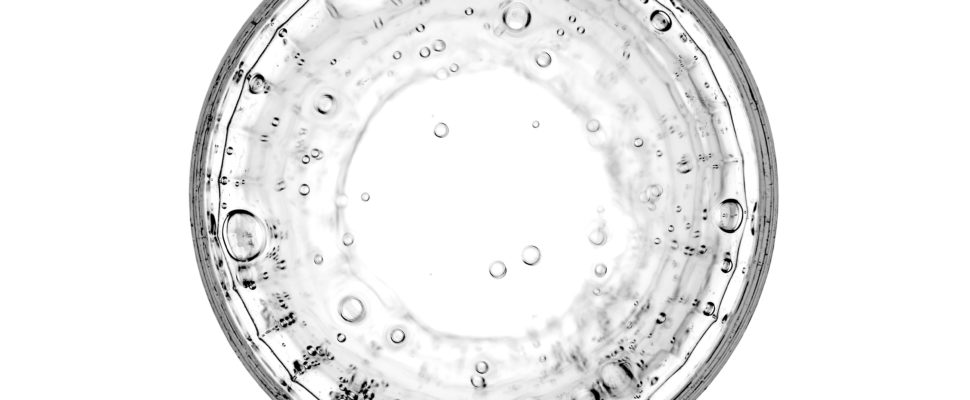A Korean research team at Ulsan National Institute of Science and Technology (UNIST) have developed a cunning technology for treatments that attack cancer cells.
Treatments that travel through the body to deliver a cancer destroying substance are hindered by hundreds of proteins that stick to the drug delivery system (protein corona phenomenon). Because of this, even when the drug makes it to the target cancer cell the treatment efficiency is dramatically reduced.
This new technology encases the nanoparticles in protein that enables them to reach the target cell safely. The outer coating is “very stable” and “sticky to cancer” creating “A drug delivery system with a protein shield (PCSN).”

“It has been reported that it is possible to alleviate the protein corona phenomenon by forming a well-organized shield with a special protein that does not interact with other proteins because it is very stable,” Professor Yu, a member of the UNIST team said.
The drug shielded in protein was able to seek out and kill cancer cells without being caught by immune cells.
The researchers created an environment similar to the human body and soaked the protein corona shield nanoparticle (PCSN) in it. Their results showed that the nanoparticles effectively protected the treatment from external proteins and they found that the efficacy rose by 10 times.
When tested in mice with cancer cells, the new drug deliverer attacked cancer cells better while causing less toxic side-effects than existing carriers. This technology could make a huge difference to the efficacy of future cancer treatments.


